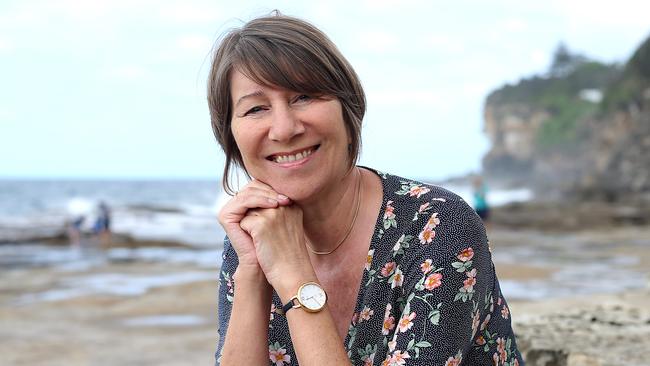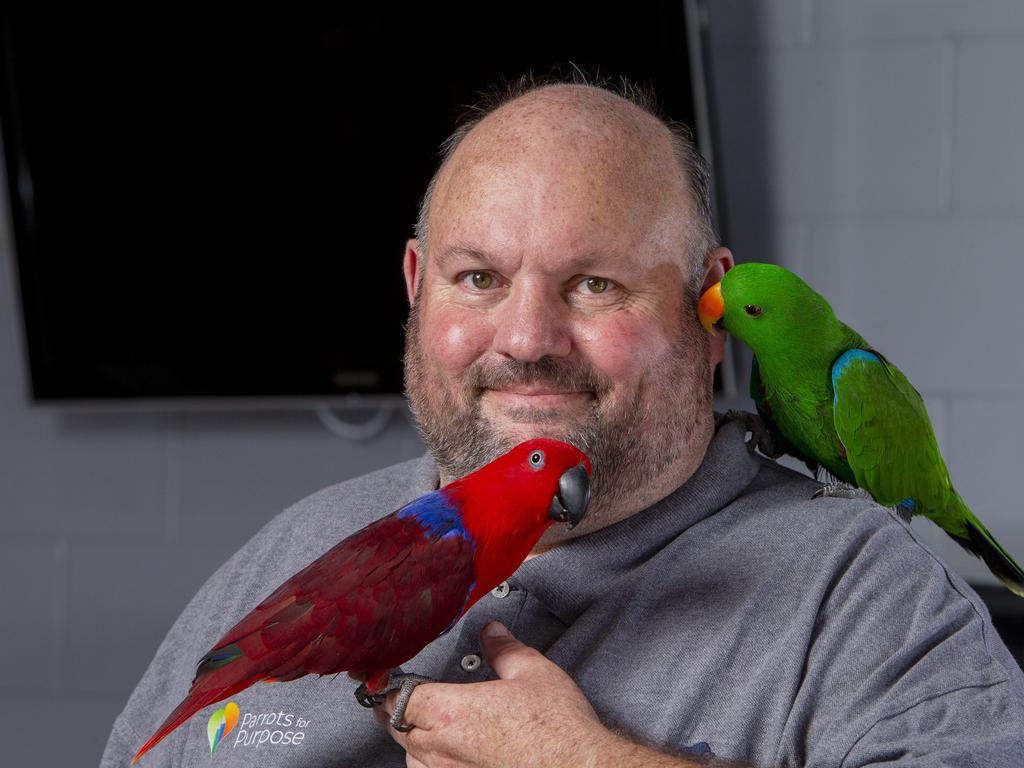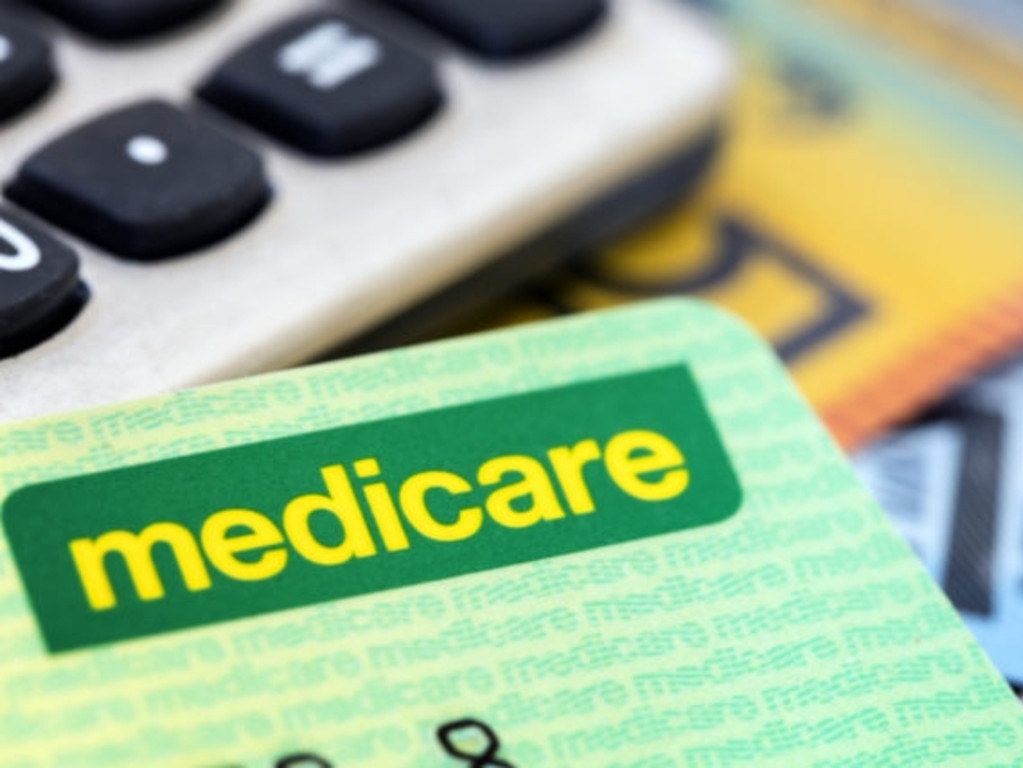Cash-for-care model in primary health turf war
A peak consumer watchdog has sounded the alarm on the primary health system, declaring it is being ‘privatised by stealth’ as profit-driven companies move in.

A peak consumer watchdog has sounded the alarm on the primary health system, declaring it is being “privatised by stealth” as profit-driven companies move in to fill the gap left by the steep decline of bulk-billing and the GP accessibility crisis.
The concerns have been raised as new figures from 600 of the nation’s biggest medical centres reveal that the proportion of the 5500 GPs who bulk-bill in those medical centres has plunged to 46 per cent, forcing older and vulnerable Australians to flood hospital emergency departments.
The Primary Care Business Council, which represents the 600 medical centres, said its data showed bulk-billing rates were spiralling downwards to crisis levels, with a 25 per cent drop from 70 per cent in less than two years and a 7 per cent drop since last October.
“There has been a relentless decline in the number of GPs bulk-billing without charging an additional gap fee,” PCBC member Medical One chief executive Peter Stratmann said.
The PCBC represents the 10 largest corporate general practice providers in Australia.
It wants a doubling of the bulk-billing incentive for Medicare Benefit Scheme consulting items for pensioners, concession card-holders and children at a cost of $350m a year.
“The proportion of doctors bulk-billing isn’t going to miraculously turn around and head back up without a big change in how Medicare is funded,” Dr Stratmann said.
“As the number of bulk-billing GPs continues to fall, this means that vulnerable Australians will be forced to make a decision about whether to pay a gap fee, go to an emergency department, or maybe not seek medical care at all.”
As the bulk-billing crisis continues to escalate, the Consumers Health Forum of Australia said patients were suffering amid very long wait times for GP appointments and record-high out-of-pocket costs. Patients were being driven to private options, such as private telehealth companies, where online consultations were often cheaper than the gap fee to see a GP.

At the hospital level, many public patients cannot access timely services in the public system in areas such as elective surgery and rehabilitation as can those with private health cover.
“I think it’s almost as if now we’ve got a system where there is a cash-for-care model,” CHF chief executive Elizabeth Deveny said.
Ms Deveny said consumers were not being listened to in the debate about how to fix Medicare and increasing Medicare rebates would not help if doctors also increased their fees. “Consumers want a seat at the table,” she said. “They want to be there when decisions are made about how taxpayer money is spent.
“The voices of consumers are being drowned out because all we’ve heard in the lead-up to the federal budget is the doctor and pharmacy lobby groups battling it out in a professional turf war.”
Sydney pensioner Lorraine Reeve said patients experienced Medicare inefficiencies and inconveniences first-hand and had many ideas for change, such as abolishing the need to get a new referral every 12 months for long-term treating specialists.
“Indefinite referrals would save the GPs time tand he consumer inconvenience,” Ms Reeve said. “The current primary care system I believe isn’t working well. I know lots of people who sometimes have to wait weeks for an appointment with a GP.”
The CHF has launched a petition ahead of the federal budget declaring “the time for talk is over” in fixing Medicare following “30 years of reports, reviews and roundtables” on how to fix our primary healthcare system”.
“Our health system works for us – the taxpayers who pay for it,” the petition says.
“The No. 1 priority for consumers is affordable, timely access to a GP. That means no, or lower, out-of-pocket costs.
“People shouldn’t have to choose between paying for medical care or paying the mortgage.”
Labor has committed an initial $250m a year to strengthening Medicare, to be rolled out from the next budget.








To join the conversation, please log in. Don't have an account? Register
Join the conversation, you are commenting as Logout